
Presentation deck: Scaling medication abortion (MA) and post-MA contraception, meeting women where they are.
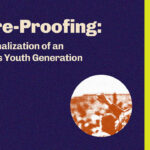
The report, Future-Proofing: The Professionalization of an Anti-Rights Youth Generation, examines the recruitment, funding, coordination, and mobilization of young people within anti-rights movements.
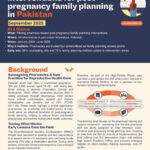
This PMAC learning brief examines the pharmacy training and support aspects of a pilot study in two peri-urban union councils in Islamabad Capital Territory. It highlights how frontline pharmacy staff are trained to provide informed, client-centered post-pregnancy family planning care. Drawing on data from the first six months of the study, the brief showcases how the intervention aligns with High Impact Practices (HIPs), offering insights into client profiles, training effectiveness, and family planning uptake.
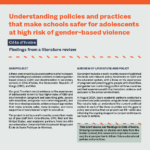
Findings from literature reviews in Côte d’Ivoire, the Democratic Republic of Congo, and Mali
A three-year project by Ipas and partners aims to deepen understanding and evaluate solutions to reduce gender-based violence (GBV) and discrimination in secondary schools in Côte d’Ivoire, the Democratic Republic of Congo (DRC), and Mali.

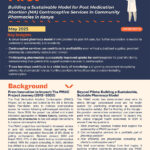
The PMAC model has demonstrated clear wins for clients (through personalized care) and the health system (by positioning pharmacies as accessible contraceptive outlets). But the third leg of the triangle – the provider – remains less understood: Can pharmacies profit while delivering these services?
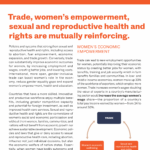
This brief highlights how international, more open, gender-inclusive trade can boost women’s role in the economy, can reduce gender equality gaps, and can expand women’s empower, health and education—and how trade, women’s empowerment and sexual and reproductive health and rights are mutually reinforcing.

To address these gaps, the Thriving Pharmacies: Smart Business for Better Care training package was developed to strengthen the business acumen of community pharmacists and position family planning (FP), including post–MA FP, as both a vital health service and a sustainable business opportunity. The training package integrates entrepreneurship, financial management, and operational planning through practical, applied learning.
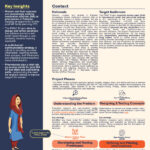
The PMAC project in Pakistan takes a phased approach to gathering insights, developing and testing solutions, and refining interventions as needed to ensure we are addressing the challenges women face in accessing post medication abortion (MA) family planning (FP). This learning brief outlines key insights from developing, testing and refining prototypes (also referred to as the Medium-Fidelity Phase) aimed at increasing women’s access to post MA FP in Islamabad Capital Territory.
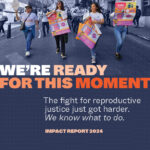

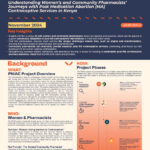
These learning briefs – a project anchor brief, a user-focused brief, and a pharmacist-focused brief – summarize lessons learned by the PMAC project during multiple phases of the project.
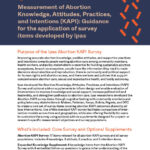
The Abortion Knowledge, Attitudes, Practices, and Intentions (KAPI) Survey with optional add-on supplements, developed by Ipas, is a comprehensive resource designed to assess and enhance community understanding, attitudes and support around abortion care.
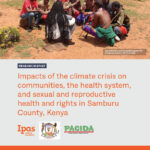
Our research shows how people and the health system in Samburu County, Kenya, are impacted in numerous ways by the climate crisis—and articulates how healthy people and communities are more resilient to the impacts of climate change.
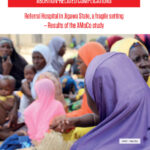

To address these gaps, the Thriving Pharmacies: Smart Business for Better Care training package was developed to strengthen the business acumen of community pharmacists and position family planning (FP), including post–MA FP, as both a vital health service and a sustainable business opportunity. The training package integrates entrepreneurship, financial management, and operational planning through practical, applied learning.
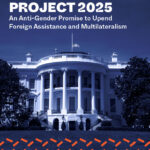
This report focuses on the damage Project 2025 would have on overseas development assistance and international cooperation.
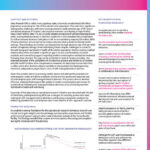
These two learning products – a project brief and a technical brief – describe the Ipas Development Foundation’s work to increase contraceptive uptake and continuation after self-managed medical abortion.
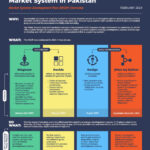
These three learning products — a market systems development plan (MSDP) overview, a workshop event summary, and a low fidelity process infographic — document our project’s efforts to understand, describe, and enhance the post-medication abortion contraceptive market in Pakistan
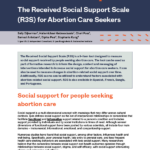
The Received Social Support Scale (R3S) is a 9-item tool designed to measure social support received by people seeking abortion care.

